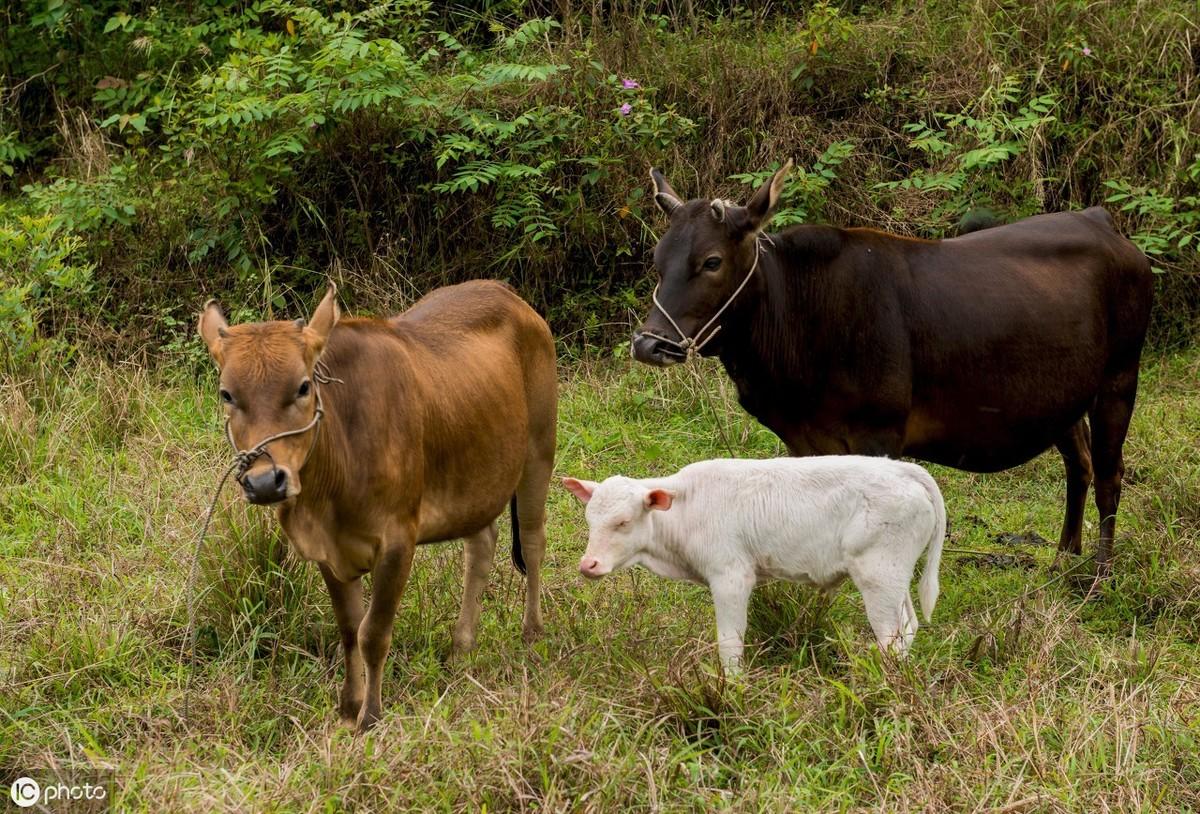Module 1
How to learn English 1. advice (1)意思是“意见,建议”,为不可数名词,可用some,much,a piece of,pieces of等修饰,不能说an advice或many/a few advices。
(2)表示“有关„„的建议”时,用介词on,接名词、代词或由疑问词引导的不定式。
e.g. Let’s ask for his advice on what to do next. 常见搭配: take/follow one’s advice 接受某人的建议 ask for advice 征求意见 拓展: advise vt.建议 常见搭配:advise sb. to do sth. e.g.My teacher advises me to leave now.老师建议我现在就离开。
2.Each time you will learn something new. I also advise you to talk about the films or songs with your friends. 每次你将会学习一些新东西。我也建议你和朋友们谈论电影或歌曲。
time的用法: (1)time指“时间”用作不可数名词,前面可much, little, a lot of, plenty of等修饰。
(2)当作“次数;倍数”讲时,time是可数名词。
e.g.I have been to Beijing three times. (3)time构成的短语: at a time 一次, 每一次 at one time 曾经,一度 at times /from time to time 有时,偶尔 all the time 总是,一直 in time 及时,迟早 on time 准时 (4)time构成的句型: ① It’s time for sb. to do sth./It’s (high) time sb. did sth.该是某人干„„的时间了。
e.g. It’s time for children to go to bed.是小孩睡觉的时候了。
It’s high time that we started.我们该出发了。
② each time(每次),next time(下次),the first/last time(第一次/最后一次„„的时候)等。
e.g. The last time I went to China, I visited Shanghai. 我上次到中国时,游览了上海。
3.I suggest you write four or five words a day on pieces of paper and place them in your room. 我建议你一天把四个或者五个单词写在纸上并且放在你的房间里。
suggest,做动词,表示“建议,提议”的意思,对应的名词是suggestion。suggest的用法: I suggested his / him giving up the idea. 我建议他放弃那念头。
She suggested that the class meeting (should) not be held on Saturday.
Module 2
My home town and my country 1.It is on the River Cam and has a population of about 120,000. 它(剑桥)位于康河河畔,人口约为12万。
population n. 意思是“人口,居民”,它是一个集体名词,常用单数形式。
① population常与定冠词the连用,作主语用时,谓语动词常用第三人称单数形式。
e.g. The world’s population is increasing faster and faster. ② 当主语是表示“人口的百分之几、几分之几”时,谓语动词用复数形式。
e.g. About seventy percent of the population in China are farmers. 中国大约有百分之七十的人口是农民。
③ 有时population可用作可数名词,其前可用不定冠词。
e.g. China has a population of about 1.3 billion.中国大约有十三亿人口。
④表示人口的“多”或“少”,不用“much”或“little”,而要用“large”或“small”。
e.g. India has a large population.印度人口众多。
⑤ 询问某国、某地有多少人口时,不用“How much…?”,而用“How large…?”。在问具体人口时用“What…?”。
e.g.—What is the population of Canada? —The population of Canada is about 29 million.加拿大的人口大约有二千九百万。
2.It has a population of about seven and a half million, so it is bigger and busier than Cambridge.它大约有750万人口,所以比剑桥更大更繁忙。
(1)million是数词,意思是“百万”。它的用法如下: ① 当与具体数字连用时,习惯上用单数,而且也不后接介词of。
e.g. three million people 三百万人 ②当不与具体数字连用,而是表示不确定的泛指数时,则不仅要用复数,而且要后接介词of,然后才能接名词。
e.g. A careless mistake cost the company millions of pounds. 一个粗心的错误使公司蒙受数百镑的损失。
拓展:与million有相同用法的数词还有:hundred(百), thousand(千), billion(十亿)。
学习形容词的比较级的规则变化及用法。
(1)规则变化: 类别 构成方法 原级 比较级 单音节词和少数双音节词 一般直接加-er long tall longer taller 不发音的e结尾时加-r late large later larger 辅音字母加y结尾时把y变i,再加-er easy happy easier happier 重读闭音节结尾并且只有一个辅音字母时,双写最后的辅音字母,再加-er big hot bigger hotter
(2)形容词比较级用法 ① 表示两者进行比较时用形容词比较级,最明显的提示词是than,其结构为“A„+比较级+than+B”。
e.g.Li Lei’s room is bigger than mine.李雷的房间比我的大。
This mooncake is nicer than that one.这块月饼比那块好吃。
② 有表示程度的副词a little,a bit,a few,a lot,much,even,still,far,rather,any等修饰时,用形容词比较级。
e.g.I feel even worse now.我现在觉得更难受了。
It is much colder today than before.今天比以前冷得多。
③比较级前面可以加上表示具体数量差别的结构,表示具体“大多少”,“小多少”,“长多少”,“短多少”等。
e.g.I am two years older than he.我比他大两岁。
This building is 20 meters higher than that one.这栋楼房比那栋高20米。
④表示“两者之间最„„一个(of the two)”时,常用“the+比较级”结构。
e.g.Mary is the taller of the twins. Mary是双胞胎中的高个子。
⑤表示“越来越„„”,用比较级重叠结构,即“比较级+and+比较级”,多音节词和部分双音节词时用“more and more+形容词原级”。
e.g.It’s getting warmer and warmer in spring.春天天气变得越来越暖和。
Module 3 Sports 进一步学习形容词和副词的比较级的规则变化和不规则变化 (1)规则变化: 类别 构成方法 原级 比较级 多音节词和部分双音节词 在原级前加more careful beautiful more careful more beautiful 在原级前加less important useful less important less useful (2)不规则变化: 原级 比较级 good/well(身体好的) better many/much more bad/ill worse little less far farther(较远) further(进一步) old older elder(较年长的) (3)形容词和副词比较级用法 ⑥ 表示“越„„就越„„”时,用“the+比较级,the+比较级”结构。
e.g.The busier he is, the happier he feels.他越忙越高兴。
Module 4 Planes, ships and trains 学习形容词和副词的最高级的规则变化和不规则变化及其用法 (1)规则变化: 类别 构成方法 原级 最高级 单音节词和少数双音节词 一般直接加-est long tall longest tallest 不发音的e结尾时加-st late large latest largest 辅音字母加y结尾时把y变i,再加-est easy happy easiest happiest 重读闭音节结尾并且只有一个辅音字母时,双写最后的辅音字母,再加-est big hot biggest hottest 多音节词和部分双音节词 在原级前加most careful beautiful most careful most beautiful 在原级前加least important useful least important least useful (2)不规则变化: 原级 最高级 good/well(身体好的) best many/much most bad/ill worst little least far farthest(更远的) furthest(最大程度) old oldest/eldest(较年长的) (3)形容词最高比较级用法 ① 表示三者或三者以上的人或物进行比较时,用最高级形式。形容词最高级前必须加定冠词the,句末常跟一个in/of短语来表示范围。
e.g.He is the strongest of the three boys.在三个男孩子中,他是最强壮的。
Shanghai is the biggest city in China.上海是中国最大的城市。
② 表示在三者或三者以上的人或物进行选择时,用“Which/Who is+the+最高级,A,B or C?”结构。
e.g.Which city is the most beautiful, Beijing, Shanghai or Fuzhou? 哪个城市最漂亮,北京,上海还是福州? ③ 表示“最„„的„„之一”时,用“one of the+形容词最高级”结构,该形容词后面的名词要用复数形式。
e.g.Zhou Jielun is one of the most popular singers.周杰伦是最受欢迎的歌星之一。
④ 形容词最高级前面可以加序数词,表示“第几最„„”。
e.g.The Changjiang River is the first longest river in China.长江是中国第一大长河。
⑤ 形容词最高级前面可以有物主代词,指示代词,名词所有格等修饰,但此时不能再用定冠词the。
e.g.This is our last lesson today.这是我们今天的最后一节课。
⑥ 形容词比较级结构可以表示最高级含义。
e.g.Li Lei is the tallest student in his class.李雷是班上最高的学生。
=Li Lei is taller than any other student in his class.李雷比班上其他任何一个学生都高。
=Li Lei is taller than the other students in his class.李雷比班上其他所有的学生都高。
Module 5 Lao She Teahouse 重点知识讲解 1.offer做动词,意思是“提供;提议;提出”。常用的搭配: ① offer sb. sth.=offer sth. to sb. 把某物给予某人 e.g.The young man offered the old man his own seat on the bus. =The young man offered his own seat to the old man on the bus. 那个年轻人在公共汽车上将自己的座位让给了那位老人。
② offer to do sth. 主动提出做某事 e.g.She offered to lend me her bike. 她提出将自行车借给我。
2.Show show做及物动词,意为“展示;显示;给„„看”,show后可接双宾语。
show sb. sth.或show sth. to sb. 给某人看或者展示某物 e.g.Show me your pen, please. =Show your pen to me, please.请让我看一下你的钢笔。
Show your tickets, please.请出示车票。
此外,show还可用作名词,意为“展览;陈列;演出”,常构成短语on show,意为“陈列,展览” 。
e.g. His pictures are on show now.他的画现在正在展览。
难点知识讲解:动词不定式(I) (1)动词不定式的构成 肯定形式: to+动词原形 否定形式: not to do (2)动词不定式作宾语的用法 动词不定式置于谓语动词之后,作动词的宾语,表明意图、希望或决定的内容。
常见的后面接“to十动词原形”作宾语的动词有:plan, decide, hope, want, would like,agree, offer, try, like, love等。
注意:某些及物动词可用-ing也可用动词不定式作宾语,但意义不同的有:
Module 6 Animals in danger 1.形容词变成副词的规律。
一般在形容词的词尾加-ly可以变成副词。例如:quick—quickly, slow—slowly, loud—loudly, sudden—suddenly等。
特殊情况: 构成方法 例子 一些以“辅音字母+y”结尾的形容词,要把y改为i再加-ly。
happy—happily, angry—angrily 有些以-ble或-le结尾的形容词,去掉e加-y。
possible—possibly terrible—terribly 以-l结尾的形容词变为副词时仍然要在词尾加-ly。
careful—carefully 温馨提示:副词修饰行为动词。如: He is very careful. He does everything carefully 第一句中is是连系动词,用形容词careful;第二句中修饰行为动词does用副词carefully。
常考的形容词和副词辨析有:hard 努力——hardly 几乎不;late迟的,晚的——lately 近来;deep 深——deeply 深深地;near靠近——nearly 差不多;wide 宽——widely 广泛地; free免费的——freely 自由地。
典例剖析: Tom studies ________ but his sister ________ studies. A.hard,hard B.hardly,hardly C.hard,hardly D.hardly,hard 答案:C 解题技巧: 此题第一个陷阱是hard和hardly的区别,通常我们会认为hard的副词是hardly,事实上hard既是形容词.又是副词,而hardly是另外一个副词.,中文是“几乎不„„”。
4.-ing形容词和-ed形容词的区别。
-ing形容词 -ed形容词 例句 interesting有趣的 interested感兴趣的 I have an interesting book. He is interested in science. exciting令人兴奋的 excited感到兴奋的 Have you heard of the exciting news? We are excited about the traveling. 表示主动意义,多指事物对人的影响,一般修饰事物。
表示被动意义,多指人对事物的感受,主语一般是人,常用于“sb.+-ed形容词+介词”结构。
We are all interested in the interesting story. 5.复习动词不定式。
作宾语补足语:动词不定式作宾补时,它与宾语有逻辑上的主谓关系。
e.g.Lucy asked him to turn down the radio.露丝要他关小收音机。
注意:动词不定式在使役动词make, let和感官动词see, watch, hear, feel等词后作宾补时,常
限 时 特 惠: 本站每日持续更新海量各大内部创业教程,一年会员只需98元,全站资源免费下载 点击查看详情
站 长 微 信: lzxmw777






